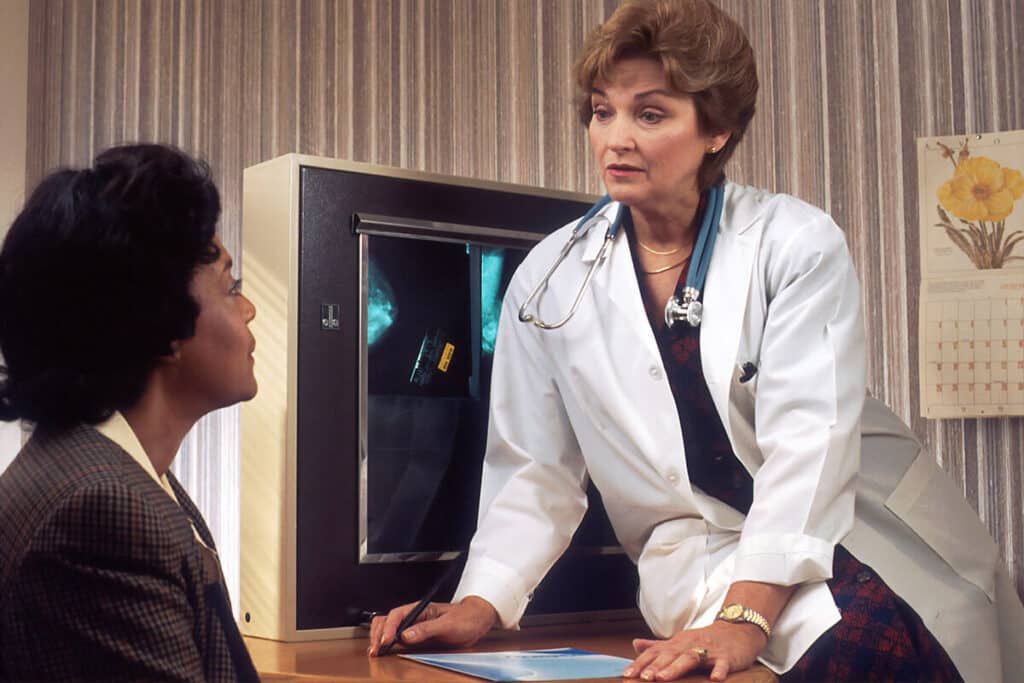Do you often feel like you can’t breathe? Are you constantly congested and have a hard time clearing your throat? If so, you may have a respiratory system that needs some improvement. Luckily, there are many things that you can do to help. This article will discuss six simple steps to help clear up your respiratory system and improve your overall health.

Drink Plenty of Fluids
Drinking plenty of fluids is essential for keeping your respiratory system healthy. When you’re dehydrated, your body has a harder time fighting off infection and clearing mucus from your lungs. Drinking plenty of water, juice, and herbal tea will help keep your respiratory system functioning properly.
Additionally, drinking warm liquids such as soup can help loosen congestion and mucus. Avoid drinking caffeinated or alcoholic beverages, which can dehydrate you and make your respiratory problems worse. In general, it’s a good idea to drink eight glasses of fluid per day. However, if you’re struggling with a respiratory infection, you may need to drink more.
Have Respiratory Care Supplies at Hand
Respiratory care supplies play a vital role in our everyday lives. From the air you breathe to how you take care of your respiratory system, these supplies help you stay healthy and function properly. Unfortunately, many people do not think about them until they or a family member experience an acute attack or needs long-term assistance. Acute attacks can be brought on by allergies, smoke, pollution, and even strong emotions. Having the right supplies can mean the difference between a hospital stay and recuperating at home.
You may need long-term assistance for chronic conditions such as bronchitis, emphysema, and COPD. The goal is to help the patient breathe easier to maintain their quality of life. There are many types of supplies available to address different needs. They include oxygen tanks, nebulizers, and CPAP machines. A professional assessment should determine which products will work best for your condition.
Exercise Regularly
Exercise helps improve lung function and circulation, which can help clear congestion and mucus from your lungs. It also helps strengthen your immune system, making it less likely that you will get sick.
If you’re not active, start by gradually adding more activity to your day. Try taking a brisk walk or doing some light stretching exercises. You can add in more vigorous activities such as running or swimming as you get stronger. Just consult with your doctor before starting a new exercise program if you have any health concerns.
Avoid Smoking and Secondhand Smoke
Smoking and exposure to secondhand smoke are the worst things you can do for your respiratory system. Smoking cigarettes causes damage to the lungs, increases your risk of infection, and makes it harder to breathe. Secondhand smoke is also harmful, as it contains many of the same toxins as smoking cigarettes.
If you smoke, try to quit. If you can’t stop, talk to your doctor about using nicotine replacement therapy or other quitting methods. If you live with someone who smokes, ask them to please smoke outside and avoid exposure to secondhand smoke as much as possible.
Eat a Healthy Diet
A healthy diet is essential for keeping your respiratory system healthy. Eating plenty of fruits, vegetables, and whole grains will provide your body with the nutrients to function correctly. Additionally, avoiding processed foods and eating instead unprocessed, organic foods will help reduce your exposure to toxins.
If you’re not sure where to start, try adding some of the following foods to your diet: bell peppers, leafy greens, citrus fruits, berries, whole grains, and lean protein. Avoid overeating sugar and processed foods, which can negatively affect your respiratory system.
Get Regular Check-ups

It’s essential to get regular check-ups from your doctor, especially if you have a history of respiratory problems. It is the best way to catch any potential problems early and prevent them from becoming worse. Your doctor will be able to perform tests to measure your lung function and see if you’re experiencing any inflammation or other problems.
If any issues are detected, they can work with you to develop a treatment plan that will help improve your respiratory health. It’s also a good idea to keep your doctor updated on any changes in your health, such as if you’ve started smoking or exercising more regularly.
By following these six simple steps, you can help improve your respiratory system and reduce your risk of developing respiratory problems such as bronchitis, pneumonia, and even asthma. Be sure to consult with your doctor if you have any concerns about your respiratory health, and follow their advice for keeping your lungs healthy and functioning properly. Don’t wait until you’re sick to begin taking action today and see the benefits for yourself.








